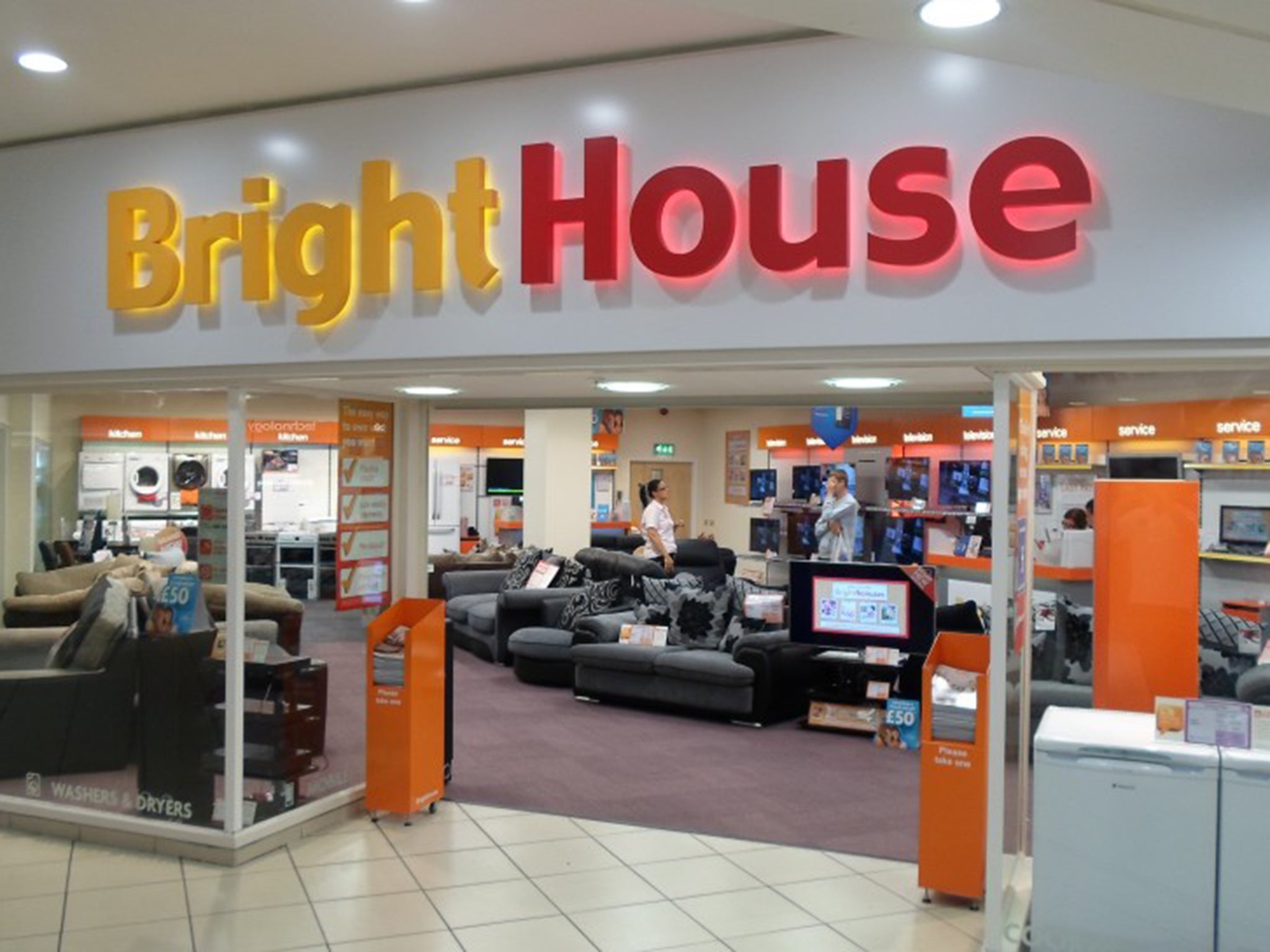FCA to put £23m in pockets of the poor through rent-to-own cap but government is taking away more
The cap is very welcome but the government’s benefits freeze is taking £250 out of the pockets of low income families

Your support helps us to tell the story
From reproductive rights to climate change to Big Tech, The Independent is on the ground when the story is developing. Whether it's investigating the financials of Elon Musk's pro-Trump PAC or producing our latest documentary, 'The A Word', which shines a light on the American women fighting for reproductive rights, we know how important it is to parse out the facts from the messaging.
At such a critical moment in US history, we need reporters on the ground. Your donation allows us to keep sending journalists to speak to both sides of the story.
The Independent is trusted by Americans across the entire political spectrum. And unlike many other quality news outlets, we choose not to lock Americans out of our reporting and analysis with paywalls. We believe quality journalism should be available to everyone, paid for by those who can afford it.
Your support makes all the difference.The Financial Conduct Authority is proposing a price cap on rent-to-own (RTO) consumer goods. It would be better described as an exploitation cap.
The people forced into using the sector to buy things most of us would consider essential – cookers, refrigerators and the like – are some of the most vulnerable in society.
According to the watchdog, only a third are in work. Their incomes range from just £12,000 to £18,000 a year. They are likely to have missed at least one bill payment in the past six months. The developing universal credit debacle – the Work and Pensions Committee this morning warned of claimants being plunged into poverty and even left destitute if things go wrong – and the benefits freeze are only making things harder for them.
Rent-to-own companies provide a means for them to buy things they need. But the problem is they have made a habit of fleecing their customers, firstly through charging over the odds for the goods themselves, secondly through the cost of the credit they give to people to pay for the products.
It speaks volumes that the cap, which is due to come into force on 1 April, subject to consultation, is expected to save vulnerable consumers nearly £23m a year. That’s in addition to the redress packages for around 340,000 customers of RTO firms BrightHouse, PerfectHome and Buy As You View, of nearly £16m that have already been paid out.
The cap has two prongs. It will force RTO providers to benchmark their prices against what high street rivals charge, and limit the cost of credit to no more than the cost of the product being purchased. The consumer thus won’t pay more than twice the price. It’s broadly similar to the way payday lenders are limited in that respect.
In addition, the point of sale addition of extended warranties will be banned through the introduction of a two-day “cooling off period” and there will be a programme to promote alternatives to high cost credit generally.
The cap sounds tough, but what you have to remember is that the FCA tends to be a fairly cautious institution, so despite the squealing you may hear from the sector about these plans, it won’t come crashing down, just as the payday loans cap has not brought that sector crashing down (the industry still gets advertising slots on cable and satellite TV).
RTO firms will still be able to impose a fairly high markup, and turn a more than acceptable profit.
What it won’t be able to do is profiteer at the expense of some of the most vulnerable people in society. That £23m figure is grotesque and money finding its way back into RTO consumers’ pockets is very welcome.
The pity is that it won’t leave them better off. According to the Resolution Foundation, the government is taking more than £250 from couples with children in the lowest half of income distribution this year alone through the aforementioned benefits freeze to save £1.5bn.
Now we aren’t comparing like with like here, because they won’t all use the rent-to-own sector. But it’s worth bearing these figures in mind, and the way top-rate taxpayers are getting a tax cut, the next time Theresa May bangs on about Britain being a country that “works for everyone”.
Join our commenting forum
Join thought-provoking conversations, follow other Independent readers and see their replies
Comments